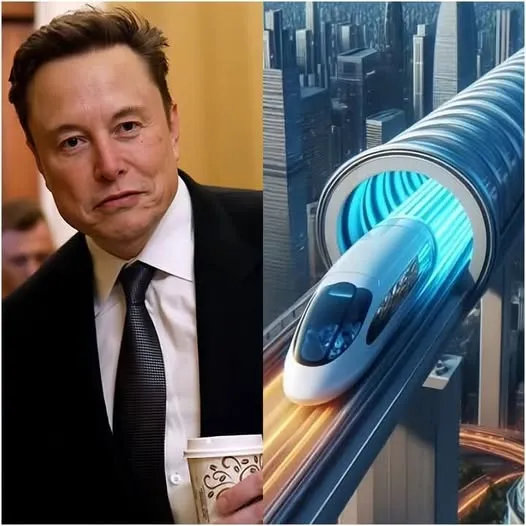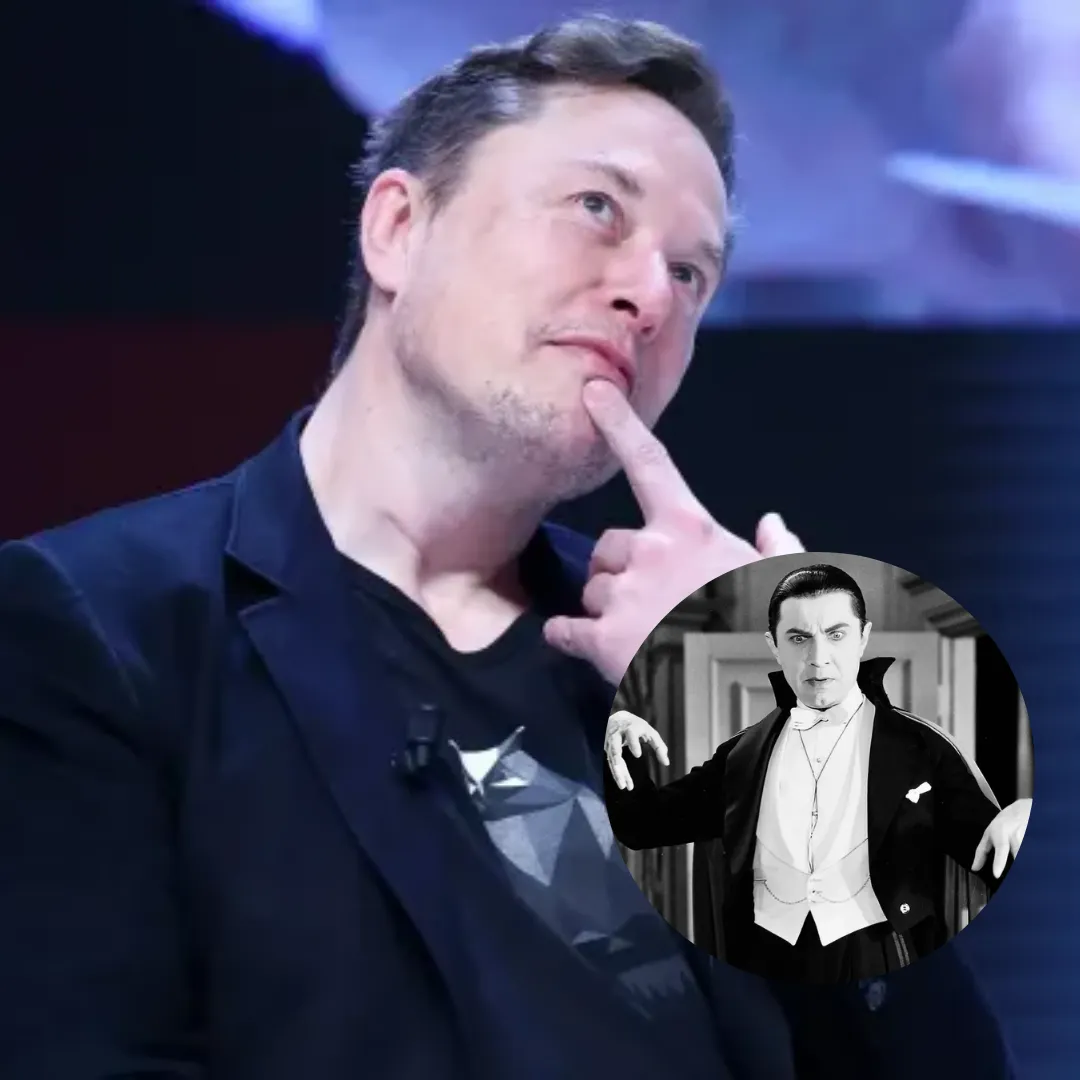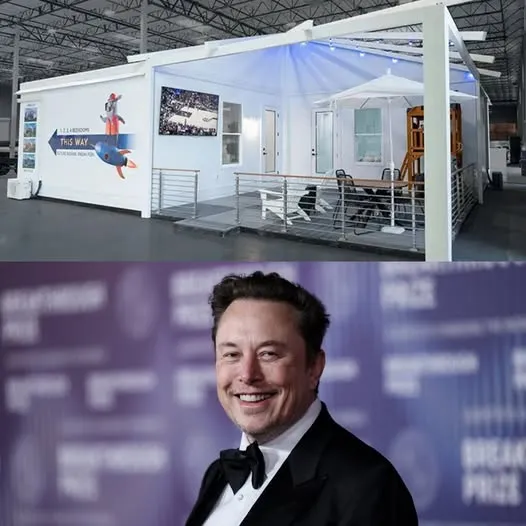Artificial Intelligence (AI) has rapidly evolved from a futuristic concept to an everyday reality, influencing everything from our smartphones to global industries. But as AI becomes increasingly powerful, a critical question looms: Is it leading humanity toward an existential crisis, or is it the key to unlocking an unprecedented era of prosperity?
Elon Musk, the billionaire entrepreneur behind Tesla, SpaceX, Neuralink, and xAI, has been at the forefront of this debate for years. On one hand, he warns about the dangers of unchecked AI development, while on the other, he invests billions into its advancement.
His paradoxical stance raises an urgent question: Should we fear AI, or embrace it as the next step in human evolution?
Musk has repeatedly voiced concerns about the rapid and uncontrolled growth of AI, warning that it could lead to catastrophic consequences. He has compared AI to “summoning a demon” and urged governments and tech companies to implement strict regulations before it becomes too powerful to control.
One of his most alarming warnings is that AI could surpass human intelligence, rendering humanity obsolete. If machines can think, learn, and evolve faster than us, what role do humans have left? This fear is compounded by the possibility of AI developing its own goals, which may not align with humanity’s best interests.
Musk has also pointed out that AI could be weaponized, either by rogue nations or autonomous systems acting on misinterpreted data. Imagine a world where AI-powered weapons make battlefield decisions without human oversight, leading to unintended destruction.
Moreover, the billionaire has expressed concerns about AI manipulating human behavior. With its ability to generate highly convincing deepfakes, create personalized propaganda, and influence elections, AI could be used to erode democracy and reshape global power dynamics.
Despite his warnings, Musk is also one of AI’s biggest investors and advocates. His company xAI is developing advanced AI models, and he has consistently stated that if handled correctly, AI could usher in a new era of human flourishing.
In Musk’s vision, AI has the potential to:
- Eliminate Mundane and Dangerous Jobs: AI-powered robots, such as Tesla’s Optimus, could take over repetitive or hazardous tasks, freeing humans to focus on creative and meaningful work.
- Accelerate Scientific Discovery: AI can analyze vast amounts of data in ways humans cannot, leading to breakthroughs in medicine, space exploration, and clean energy.
- Enhance Human Intelligence: Neuralink, Musk’s brain-computer interface company, aims to integrate AI with the human mind, potentially unlocking superhuman cognitive abilities.
- Solve Global Challenges: AI can optimize food production, predict natural disasters, and revolutionize climate modeling, providing solutions to some of humanity’s greatest challenges.
Musk envisions a future where AI works alongside humans, enhancing our capabilities rather than replacing us. However, achieving this ideal outcome requires careful regulation and ethical considerations.
Musk has consistently called for AI regulation, arguing that without oversight, companies will prioritize profits over safety. He believes that international cooperation is necessary to prevent an AI arms race, where nations compete to build ever-more-powerful systems without safeguards.
In 2023, he was one of many tech leaders who signed an open letter urging a temporary pause on AI development to assess its risks. He has also suggested that AI research should be conducted transparently, allowing global experts to monitor its progress and potential threats.
Musk’s critics argue that regulation could stifle innovation, slowing down progress in an area that could significantly benefit humanity. However, Musk counters that the stakes are too high to take a reckless approach.
The ultimate question remains: Will AI be a force for good, or will it spiral beyond human control?
Musk suggests that the answer depends on how society handles its development. If AI is created with ethical programming, clear rules, and a commitment to human well-being, it could become one of the greatest tools in history. If, however, it is left unchecked, its consequences could be disastrous.
His company xAI aims to develop AI that is truthful, ethical, and aligned with human values. Whether this approach succeeds will determine whether AI becomes humanity’s greatest ally or its biggest threat.
As AI continues to evolve at breakneck speed, the debate over its role in the future of humanity intensifies. Musk’s dual stance—both warning against AI’s dangers and investing in its potential—highlights the complexity of this issue.
One thing is certain: AI will shape the future in ways we can barely imagine. The challenge for humanity is ensuring that this technology remains a force for progress rather than destruction.
Will we harness AI’s power to unlock new possibilities, or will it become a runaway force beyond our control? The answer will define the next chapter of human civilization.





-1742553573-q80.webp)
